
13 min read
Published on: May 8, 2023
Last updated on: May 11, 2023

The length of an academic essay varies depending on your level and subject of study, departmental guidelines, and specific course requirements.
In general, an essay is a shorter piece of writing than a research paper or thesis.
In most cases, your assignment will include clear guidelines on the number of words or pages you are expected to write.
Often this will be a range rather than an exact number (for example, 2500–3000 words or 10–12 pages). If you’re not sure, always check with your instructor.
In this article, you’ll find some general guidelines for the length of different types of essays. But keep in mind that quality is more important than quantity – focus on making a strong argument or analysis, not on hitting a specific word count.
Knowing the appropriate length for an essay while writing an essay is essential for several reasons.
Several factors can affect the ideal length of an essay. These include the complexity of the topic, the essay structure, the type of essay, and the specific guidelines provided by your instructor or institution.
It's essential to consider these factors when planning and writing your essay to ensure that it meets the necessary requirements.
Here are some general guidelines for essay length
Various types of essays require different lengths due to their purpose and style. Here are the length requirements for different essay types:
Expert Tip
Read essay examples written by experts to understand how you can write high-quality essays within your word limit
Before you start writing, create an essay outline that includes the main points you want to cover, as well as any supporting evidence or examples. This will help you maintain a logical flow throughout your essay and make it easier to stay within the required length.
Support your argument with relevant and convincing evidence, examples, or quotes from reliable sources. This not only adds credibility to your essay but also helps you reach the required word count without resorting to filler content.
Stay focused on your main points and avoid adding irrelevant information or repeating yourself just to meet the word count. This can weaken your argument and make your essay less engaging for the reader.
Read the assignment prompt carefully and make sure you understand what is expected of you. This will help you determine the appropriate length and depth for your essay, as well as the type of evidence and support required.
If you find that your essay is too long or too short, revise it accordingly. This may involve adding more supporting evidence or examples, cutting out unnecessary information, or reorganizing your ideas to improve clarity and flow. Remember to focus on the quality of your argument, not just the word count.
If you're unsure about the length requirements for your essay or need guidance on how to adapt your writing, don't hesitate to ask your instructor or classmates for help. They can provide valuable feedback and help you stay on track with your assignment.
To Sum Up,
Adhering to the appropriate essay length guidelines is crucial for several reasons.
It demonstrates your ability to follow instructions, helps you develop strong arguments within given constraints, and can impact your grade. Understanding the typical lengths for various types of essays can also make the writing process more manageable and improve the overall quality of your work.
Being able to adapt your writing style and length to suit different types of essays is a valuable writing skill.
As you progress in your academic career, you'll encounter various essay formats and requirements. Embrace the challenge and get an AI Writing Tool to help you develop a clear, well-structured essay that effectively communicates your ideas, regardless of its type or length. With our essay writer with citations, you can create well-structured essays in no time.
Don't be afraid to seek help or clarification from your instructor or peers if needed, and always remember that practice makes perfect. The more you write and revise, the more adept you'll become at crafting well-structured, engaging essays of any length.

WRITTEN BY
Cathy A. (Mass Communication, Education)
For more than five years now, Cathy has been one of our most hardworking authors on the platform. With a Masters degree in mass communication, she knows the ins and outs of professional writing. Clients often leave her glowing reviews for being an amazing writer who takes her work very seriously.
For more than five years now, Cathy has been one of our most hardworking authors on the platform. With a Masters degree in mass communication, she knows the ins and outs of professional writing. Clients often leave her glowing reviews for being an amazing writer who takes her work very seriously.
On This Page On This Page
Share this article
Essay Structure
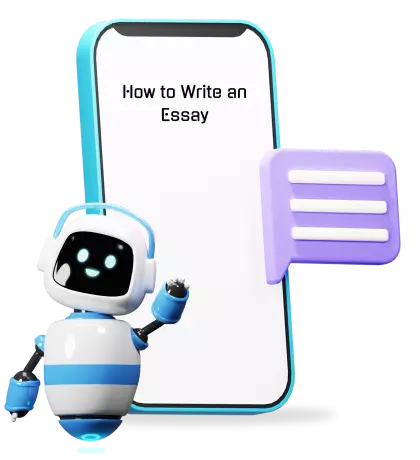
Essay Topics

Essay Outline
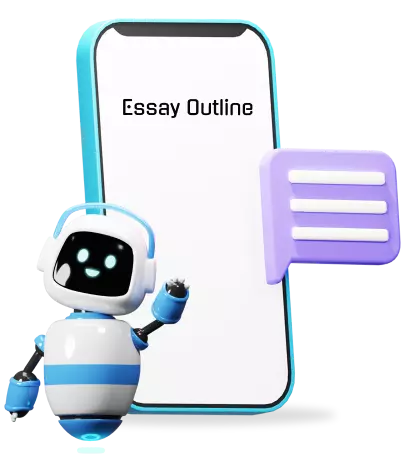
Essay Introduction
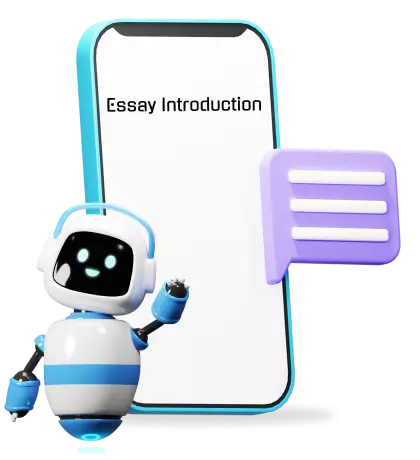
Thesis Statement
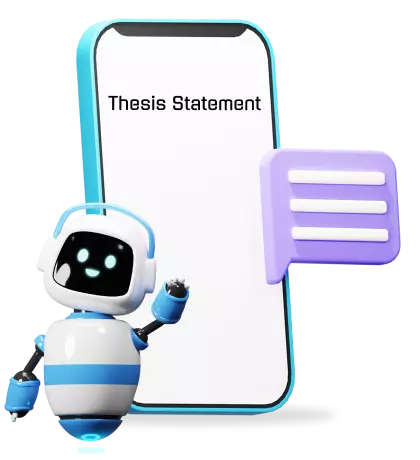
Thesis Statement Example
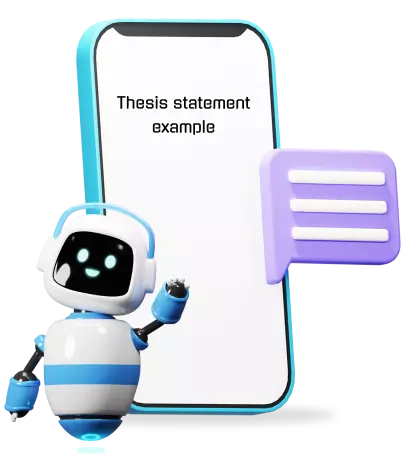
How To Write A Body Paragraph
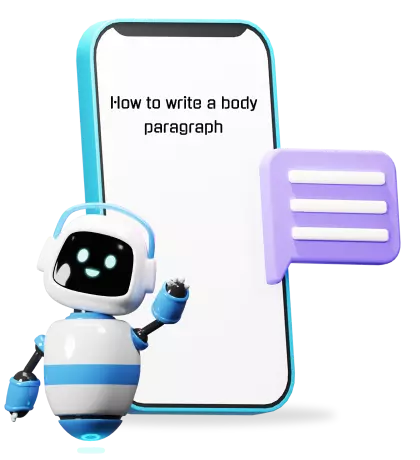
How To Conclude An Essay

How to Revise an Essay
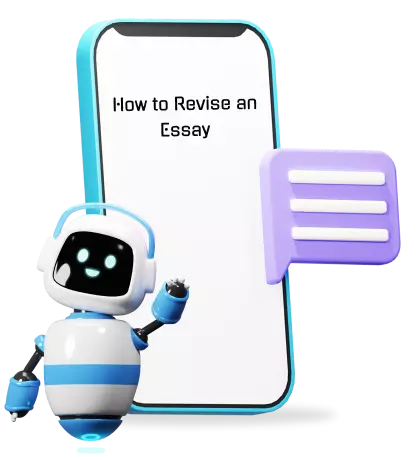
Essay Examples
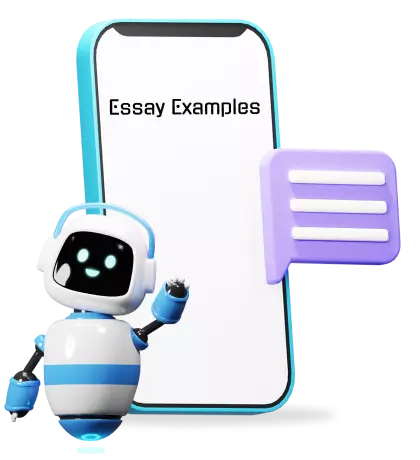
Types of essays

Essay Checklist
